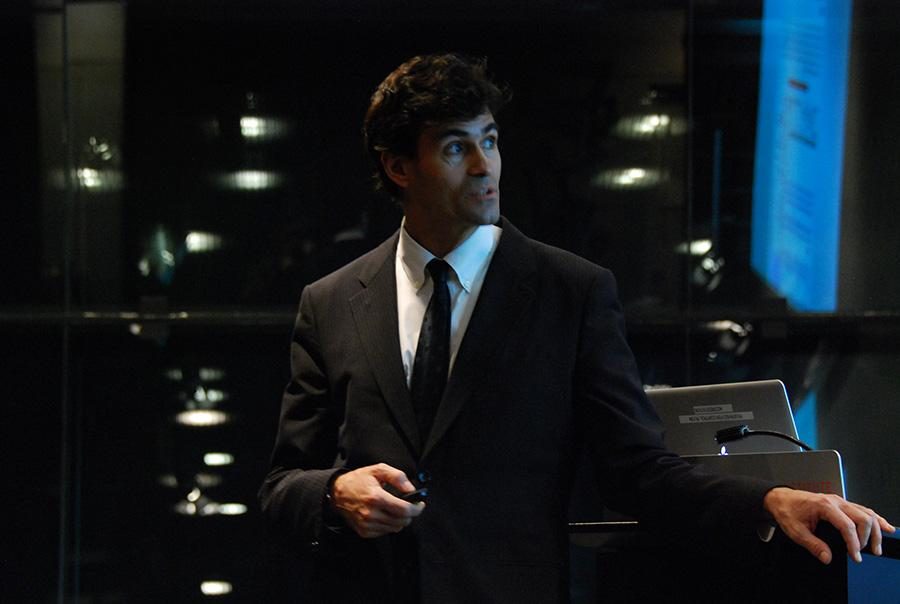Journalist speaks on privacy, Internet
December 2, 2014
Journalist and author Adam Tanner discussed the availability of private information on the Internet, the magnitude of data collection and his recent book “What Happens in Vegas” on Dec. 1. “A Conversation with Adam Tanner” was hosted by NYU’s Arthur L. Carter Journalism Institute.
Tanner explained how companies, specifically in the casino business, create detailed customer profiles with scraps of seemingly unimportant personal information.
“If you’re a member of the loyalty program, you get special treatment, you’ll feel special,” Tanner said. “In exchange, the casino will know pretty much everything you are doing in their public space — how often you come to the hotel and casino, to the penny they will know how much you gamble, and they will know this in real time.”
Tanner also discussed how the development of information technology and the Internet has made it simpler to gather comprehensive information about strangers with information as simple as a full name or photograph. While attempting to contact actor Chevy Chase for a story, he was able to find Chase’s daughter’s phone number online and spoke to Chase directly.
“I realized in this moment that it didn’t matter whether you were a celebrity, a baseball star or a judge,” Tanner said. “If you have a single tile of a mosaic, you don’t know very much, but if you add a few more tiles, eventually the whole picture comes in focus. This is why one should be concerned even giving away a few snippets of information that seem totally harmless.”
Tanner said a major problem with online privacy today is convoluted privacy agreements. He used Zinch.com’s policy, which is more than 6,000 words long, as an example of a typical policy.
“You start to read it, and this is the simplified version, and it’s still quite confusing,” Tanner said. “What exactly are they doing with my data? Why is this happening? And you really have to devote maybe an hour to study this to try to figure out what’s going on.”
First-year GSAS student Shreya Agarwal said she felt exposed after the presentation because she was not aware of how intricately data-gathering worked.
“I’m sure a lot of people have no idea what’s going on behind whatever you’re doing online,” Agarwal said. “It’s all getting registered somewhere. You think that you’re not being seen but you are.”
First-year GSAS student Bartie Scott added that she had never worried about giving away her personal data online.
“I never use fake information and I never even think twice about it,” Scott said. “I think that maybe it’s a generational thing because I don’t know any friends that are worried about it. We all just put in our information and move on.”
A version of this article appeared in the Tuesday, Dec. 2 print edition. Email Suebin Kim at [email protected].


























































































































































